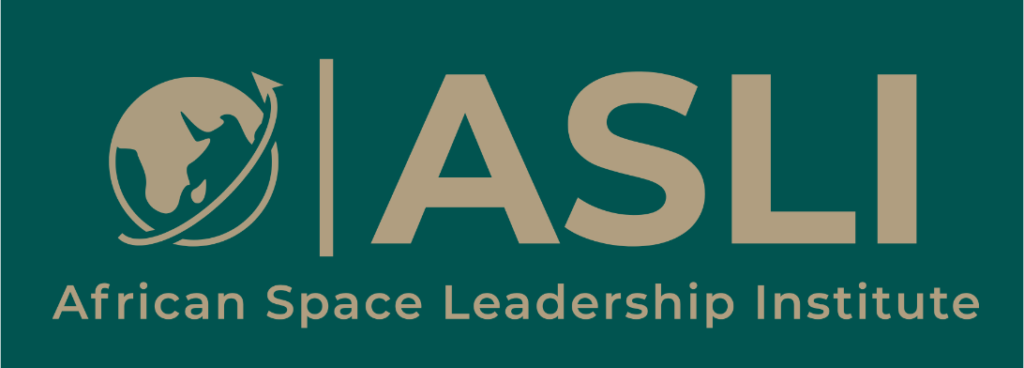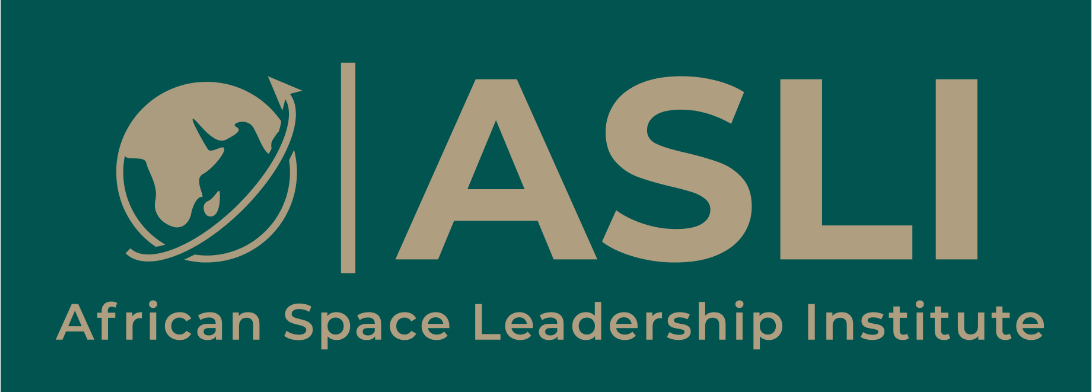About the Course
The Space Law and Governance Course is aimed at equipping African professionals with information, knowledge and skills, to make the best space decisions, policies, laws and regulations, within the framework of international space legal regime and geopolitics.
The Course is taught by expert facilitators from around the world. The course modules and content are designed to accommodate people from different academic and professional backgrounds.
Live sessions take place virtually for the convenience of the participants. There are also non-live interactive sessions.
Expected learning outcomes
- Understand the international space legal framework
- Become acquainted with the laws and regulations governing thematic application areas and space activities in general
- Understand the nexus between space policy and space law
- Align corporate governance to meet national and international obligations
- Develop knowledge and skills for tackling emerging legal, scientific and technological challenges
Who should attend?
- Government officials
- Public servants
- Members of Parliament
- Policy and legal practitioners
- Organisation/Team Leads
- Young professionals
- Students
Benefits of participation
- Gain knowledge in international space law, regulations, governance and norms
- Earn a certificate in Space Law and Governance
- Become part of the ASLI Network
Curriculum
The course contains four modules.
Principles and Application of International Law: Outer space been a transboundary domain is governed by the principles of international law. In this module, participants will learn about these principles and how they apply to outer space. Topics to be covered in this module include but not limited to the Concept of a State, rules-based world order, UN Charter and Vienna convention on the law of treaties.
International Space Law: In this module, participants will learn about the international space system, treaties and principles governing space activities, as well as relevant UN resolutions on space. Participants will also become acquainted with the mandate, objectives and activities of relevant institutions such as COPUOS, UNOOSA and ICAO. Efforts to develop governance frameworks for emerging technologies and applications, will also be discussed.
International Legal Regimes Governing Thematic Applications: This module covers the laws and regulations governing thematic application areas, at the national, continental and global levels. The thematic areas covered are earth observation, satellite communication, navigation and positioning, astronomy, climate change, lunar exploration and military space activities.
Governance of Space Activities in Africa: The African Outer Space Programme is one of the flagship programmes of the African Union (AU). In 2016, the African Heads of States and Governments adopted the African Space Policy and Strategy. Two years later, the African Space Agency (AfSA) was established, to implement the African Outer Space Programme. In this module, participants will learn about current and planned initiatives in the continental space programme. Participants will also learn about corporate governance and its linkage with national and international obligations.
Faculty
Dr. Valanathan Munsami (Cofounder, ASLI)
Dr. Tare Brisibe (SES Satellites)
Prof. Stephan Hobe (University of Cologne, Germany)
Dr. Peter Martinez (Executive Director, Secure World Foundation, USA)
Dr. Brian Weeden (Programme Director, Secure World Foundation, USA)
Ms. Joy-Marie Lawrence (Founder, Boardvisory)
Ms. Andiswa Mlisa (Founder, Aqua Spatial)
Mr. Semou Diouf (Director, SatNav Africa Joint Programme Office, Dakar, Senegal)
Ms. Ruvimbo Samanga (Policy Analyst, Access Partnership)
Dr. Nana Klutse (University of Ghana, Accra)
Ms. Lina Pohl (Research Fellow, European Space Policy Institute)
Dr. Adrian Tiplady (Deputy Managing Director, South African Radio Astronomy Observatory)
Venue
All course activities (such as live lectures, group discussions and assignments) will be done virtually using a proprietary Learning Management System (LMS). This will be augmented with open social platforms.
Time
Live sessions hold on every Thursday and Friday in August and September, from 3-5pm Pretoria time.
Registration
ZAR 4,950

